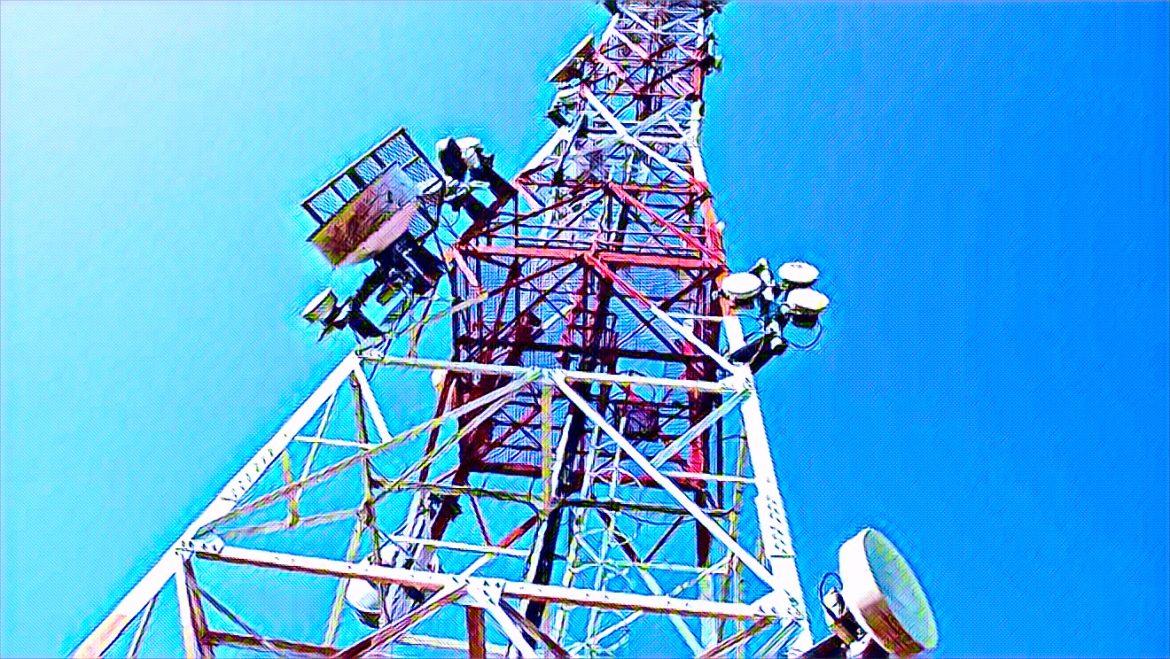Telecommunications businesses in Nigeria are extremely concerned about the 700km Lagos-Calabar Coastal Highway building, as it may jeopardize vital undersea cables that provide global communications. The expressway, which intends to improve communication between Lagos and Cross River and other coastal states, has unintentionally endangered important submarine cables, which could cause significant disruptions to connectivity not only in Nigeria but also throughout the West African sub-region.
These cables, which include the Glo1, ACE, NCSCS, MainOne, WACS, and WACS, are vital conduits for international communications and data transfer between Nigeria and Europe. The building activity has increased concerns about possible service interruptions, especially in the Lagos corridor, which is a crucial landing site for these cables.
The Federal Executive Council greenlit the first phase of the highway project in February, assigning construction responsibilities to Hitech Construction Company Limited. The project was designed to pass through the states of Ogun, Ondo, Delta, Edo, Bayelsa, Rivers, and Akwa Ibom, concluding in Cross River. To facilitate the construction, extensive demolitions have already taken place in Lagos, impacting numerous properties and recreational centers.
The telecommunication sector, however, feels overlooked in the planning process, emphasizing the lack of engagement and consultations by the Ministry of Works. Gbenga Adebayo, the Chairman of the Association of Licensed Telecom Operators of Nigeria (ALTON), expressed his concerns in an interview with The PUNCH, noting that despite the critical nature of the undersea cables, the telecom industry has not been adequately consulted about the environmental impact assessments nor the construction plans.
Adebayo emphasized that telecom providers were not among the stakeholders that the Ministry of Works, under David Umahi’s leadership, had engaged. The industry is concerned about this exclusion because any harm done to the underwater cables could have fatal consequences. Adebayo said, “Caution is required as the route is critical for the landing of multiple undersea cables.” He went on to say that although several ALTON members had contacted the government to request communication and prudence, there had been no meaningful reply. Although there has not been much progress, the Nigerian Communications Commission has been brought in to help with communication.
The worries are not without merit. Many banks, financial institutions, and telecom companies experienced a severe operational downscaling in March as a result of a service disruption brought on by damage to one such underwater cable. This incident disrupted connectivity not just in Nigeria, but across West Africa, and the collective repair costs were estimated at around $8 million for the affected digital infrastructure companies.
It is impossible to overestimate the possible economic impact of such interruptions. Submarine cables serve as the backbone of many industries that depend on reliable and strong internet connectivity, including the telecommunications sector. It is becoming more and more important to give these cables serious thought and preventive measures as the Lagos-Calabar expressway is built.


